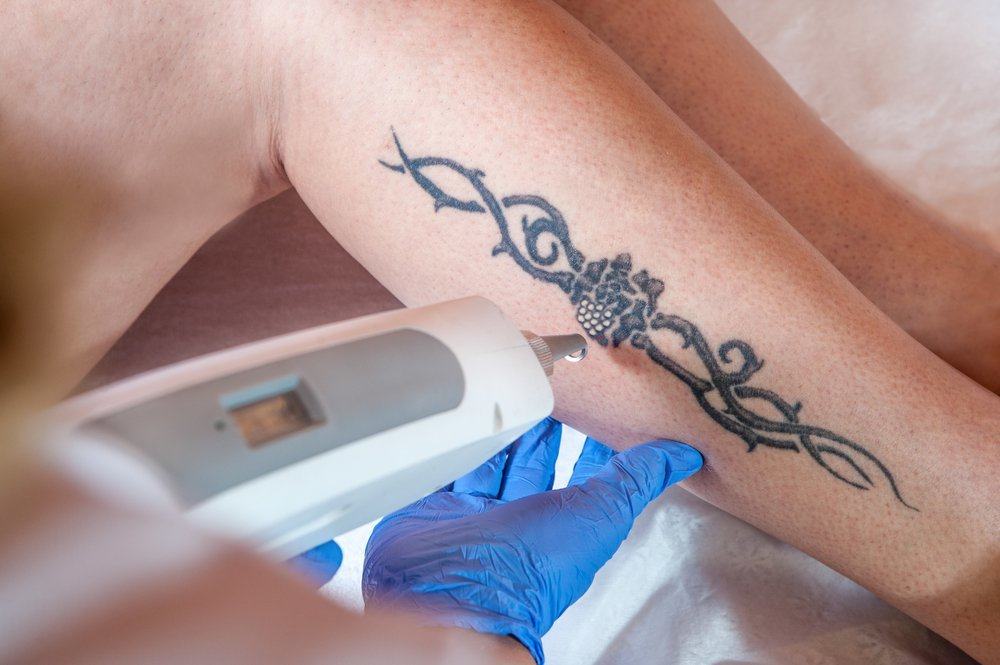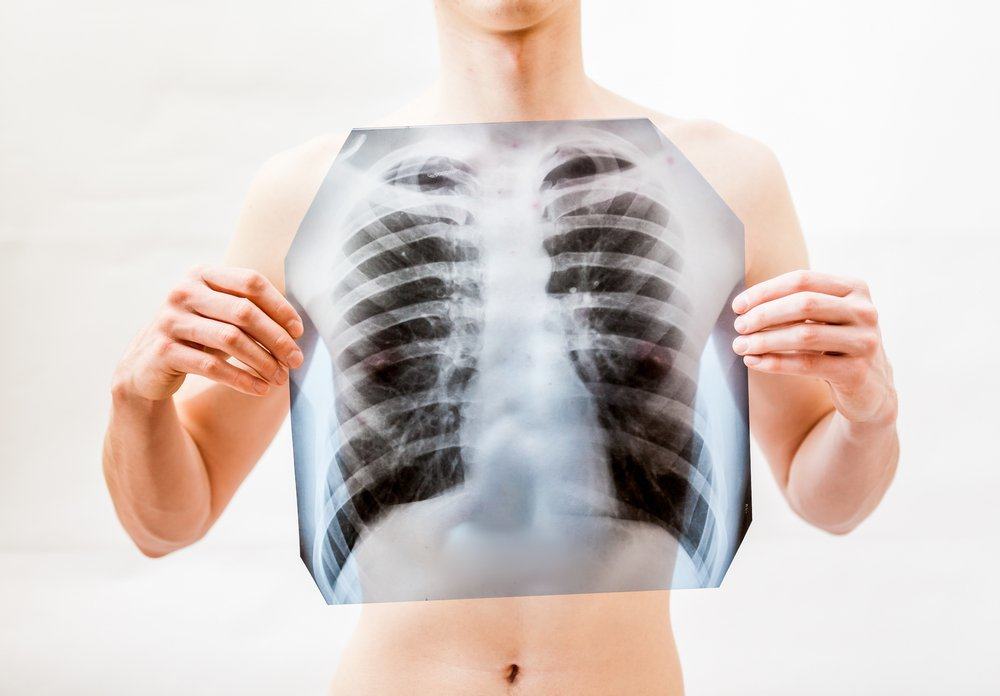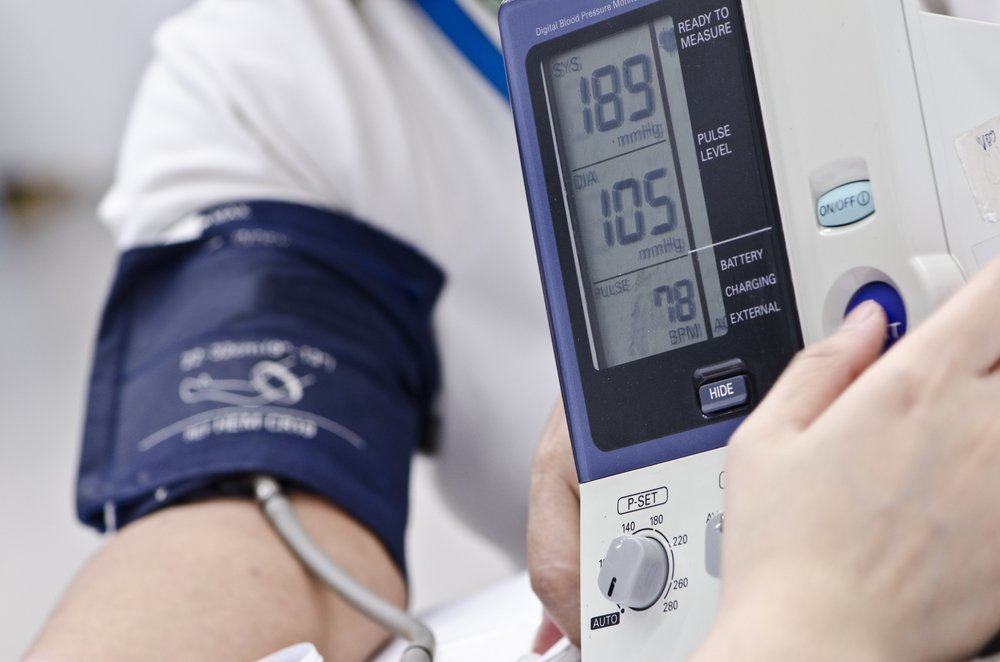Contents:
- Medical Video: Video-Assisted Thoracoscopic Surgery
- What is Thoracoscopy?
- What should I know before undergoing thoracoscopy?
- What should I do before undergoing thoracoscopy?
- How is the thoracoscopy process?
- What should I do after undergoing thoracoscopy?
Medical Video: Video-Assisted Thoracoscopic Surgery
Definition
What is Thoracoscopy?
Thoracoscopy is a procedure for diagnosing problems in the pleural cavity (space between the outer layer of the lungs and the inner layer of the ribs). The procedure of pleurodesis can be done at the same time to treat pleural effusion (a condition when too much fluid in the pleural cavity), or pneumothorax (condition when air escapes into the pleural cavity) which can cause lung damage.
Prevention & warning
What should I know before undergoing thoracoscopy?
Thoracoscopy is not recommended for patients who have undergone previous lung surgery, have severe bleeding disorders, and patients who are unable to breathe with only one lung (because one of the lungs must partially or completely deflate during the procedure). An array or scan can provide some information about the condition of the lungs. Sometimes, a biopsy can also be done by inserting a needle through the patient's chest.
Process
What should I do before undergoing thoracoscopy?
Tell your doctor if you are undergoing anticoagulant treatment, nonsteroidal anti-inflammatory drugs (such as aspirin, ibuprofen, or naproxen), or other medicines such as herbal medicines and supplements. You may be given instructions to stop certain medications before undergoing this procedure. Avoid eating or drinking for 12 hours before surgery. Just before starting, an intravenous (IV) needle or catheter will be inserted into a vein in the arm, and you will be given general anesthesia (general anesthesia).
How is the thoracoscopy process?
The doctor will provide sedatives to help the patient calm and relax. In some cases, thoracoscopy is performed under general anesthesia and usually takes about 45 minutes. The doctor will make a hole in the patient's chest wall, then insert the telescope into the hole. Carefully, the doctor will look for problems in the pleural cavity and do a biopsy if needed.
What should I do after undergoing thoracoscopy?
For several days, patients will be hospitalized until they recover from the effects of anesthesia and surgery. During this recovery period, vital organs will be monitored, and any signs of complications will be observed. Patients will be given painkillers to eliminate post-operative discomfort. Chest examination via x-ray will be performed to ensure perfect lung performance.
Complications
What complications can occur?
General anesthesia used in the thoracoscopy process has risks:
● pain
● pneumothorax (air escapes to the pleural cavity)
● shortness of breath
● bleeding
● infection of the pleural cavity
● allergic reactions
● pulmonary edema
● surgical emphysema
You can reduce the risk of complications by following the doctor's directions before surgery, such as fasting and stopping taking certain drugs.
Hello Health Group does not provide medical advice, diagnosis or treatment.











